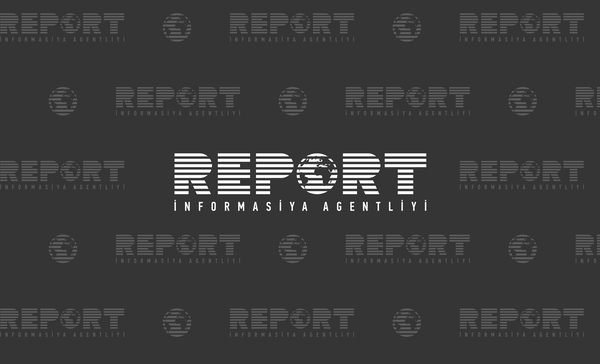EU intensifies talks with China over rare earths supply crisis
- 22 October, 2025
- 17:32

The competitiveness of Europe and the race for technological leadership, particularly with China, has become a central issue in the EU, while dependence on Chinese supplies of rare earth metals and components poses a serious risk to industry, defense, and the green transition.
According to the European bureau of Report, this issue has become even more urgent following Beijing"s recent restrictions on the export of critical materials needed by countries aiming to "survive" in the era of the innovation race.
Although the topic is not on the agenda of tomorrow"s EU leaders" summit, it cannot be avoided when discussing competitiveness.
The European Commission confirmed that new talks with China regarding rare earth export restrictions will take place in the coming days, EU officials said today at a daily briefing in Brussels.
The meeting between European Commission Vice-President and Trade Commissioner Maroš Šefčovič and China's Minister of Commerce Wang Wentao will take place "shortly," which, according to EC representatives, means "maintaining the direct political dialogue initiated after the July EU–China summit."
"We're focused right now on engagement with the Chinese authorities - that's the appropriate first step to take here," said a European Commission spokesperson.
The priority today is to ensure that China fulfills its commitments to provide predictable trade conditions and reliable supplies for European companies.
EU concern was also evident today in European Commission President Ursula von der Leyen"s speech in the Parliament. She said that the supply crisis of critical raw materials is "already at Europe"s doorstep."
"We cannot afford to fall into new and dangerous dependencies. In recent years, we have all witnessed what happens when a single country gains control over the supply of a critical product or technology. At any moment, those dependencies can be turned into instruments of pressure. Export restrictions can be imposed overnight. Supply routes can be disrupted. And factories here in Europe can be forced to slow down or even shut down," she said.
The EC president stated that there is a need to "accelerate and intensify actions to protect the EU"s economic security" and promised to propose additional measures in the near future.
For now, there is no move to implement the Anti-Coercion Instrument, although some EU member states have called for assessing the possibility of using it in response to Chinese restrictions.
"We will not speculate on further steps. Our focus now is on dialogue and resolving the situation through diplomatic engagement," EC representatives emphasized.
The European Union is also coordinating its position on this issue with G7 partners. Last week, Maroš Šefčovič called for deeper cooperation in ensuring the supply of critical raw materials.
